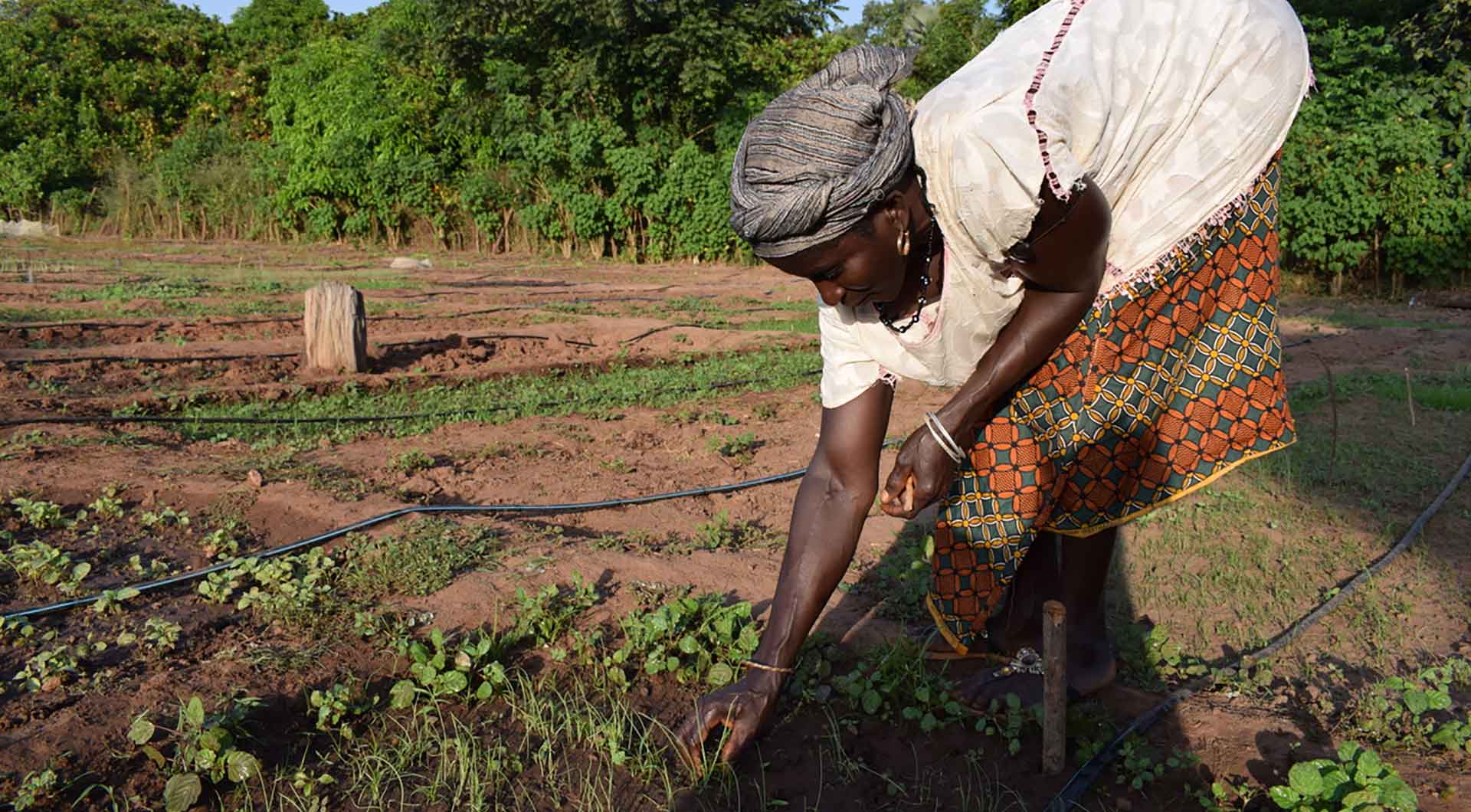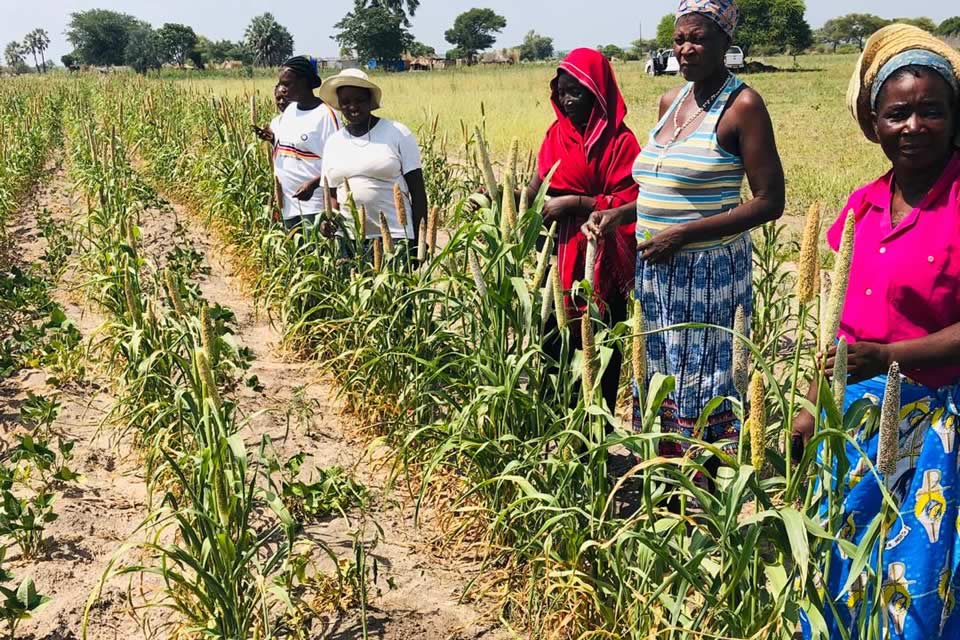
Humana People to People in South Africa has been at the forefront of fighting HIV and AIDS in South Africa for the past two decades. In 2002, it launched its first Total Control of the Epidemic (TCE) project – in Braamfischerville, Soweto, Gauteng province.

Over the years, TCE has impacted over 5 million South Africans with HIV prevention, treatment and quality care including support services across five provinces. UNAIDS South Africa estimates that 7.8 million adults and children were living with the HIV virus in 2020. Among the total about 7.2 million people know their HIV status, with 5.6 million enrolled on HIV treatment, of which 5.2 million have achieved viral load suppression.
Nonkululeko Hlatshwayo is currently working as a Total Control of the Epidemic TCE Field Officer, under Humana People to People South Africa. Her duties involve provision of community HIV prevention, testing and community based HIV and AIDS including TB support services in Gert Sibande district of Mpumalanga province of South Africa.
‘On the 11 of January 2020 I was doing door to door registration of the house- holds, screening for TB and communicable diseases, and testing for HIV. I then met a couple and mobilized them to be tested for HIV. They agreed and the HIV results came out positive for both’ explains Nonkululeko.
TCE Field Officers such as Nonkululeko form a network of foot soldiers who are community based and identify the people who are yet to know their own HIV status, they make an effort to bring the newly HIV positive on treatment and support those under treatment to achieve viral load suppression. Such goals are part of the ambitious targets of The Joint United Nations Programme on HIV and AIDS (UNAIDS) known as UNAIDS 95-95-95 targets for ending AIDS by 2030.
‘I offered them post counselling, and explained to them about the importance of taking the treatment (ARVs) combining it with healthy eating to suppress the viral load,’ says Nonkululeko.
When one finds out he/she is HIV positive usually there is denial, accusations develop and if the process is not handled well it can degerate into domestic violence. Luckily, TCE’s Field Officers are equipped with the skills to navigate the finer details associated with such possible breaking points.
‘I must say the guy did not take the news well, he was in disbelief asking for a second test and also blaming his girlfriend saying it was her who infected him. The counseling sessions took several episodes of deliberations on building hope, regenerating strength, HIV positive living and the need for family support,’ says Nonkululeko.
Many people found HIV positive are assisted by TCE to access health-center based medical treatment. TCE creates community structures which ensure treatment adherence, tracks and locates those defaulting their treatments and assist in linking them with medical support for continuous medication.
‘I’m very happy with TCE project in our community because people now have access to HIV support and are able to ask anything they want to know without the fear of being judged’ says Nonkululeko.


